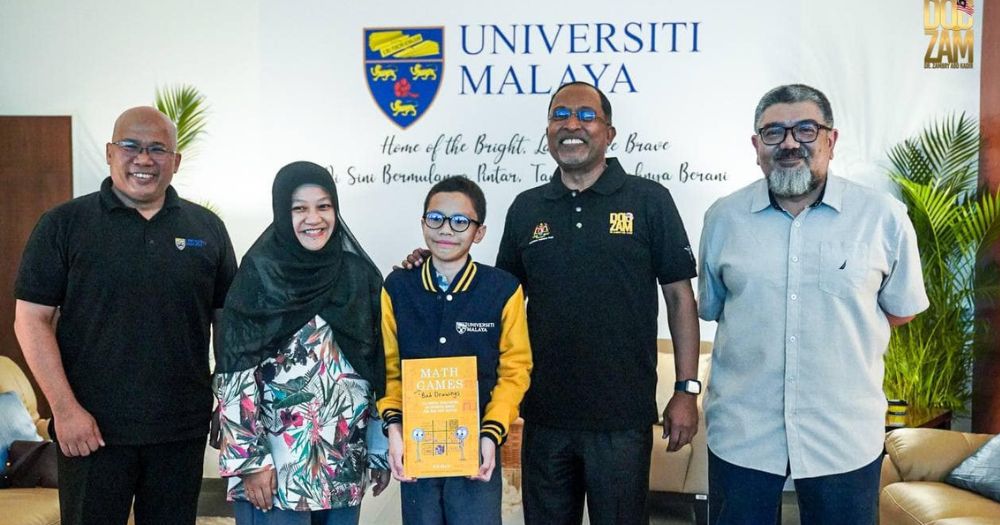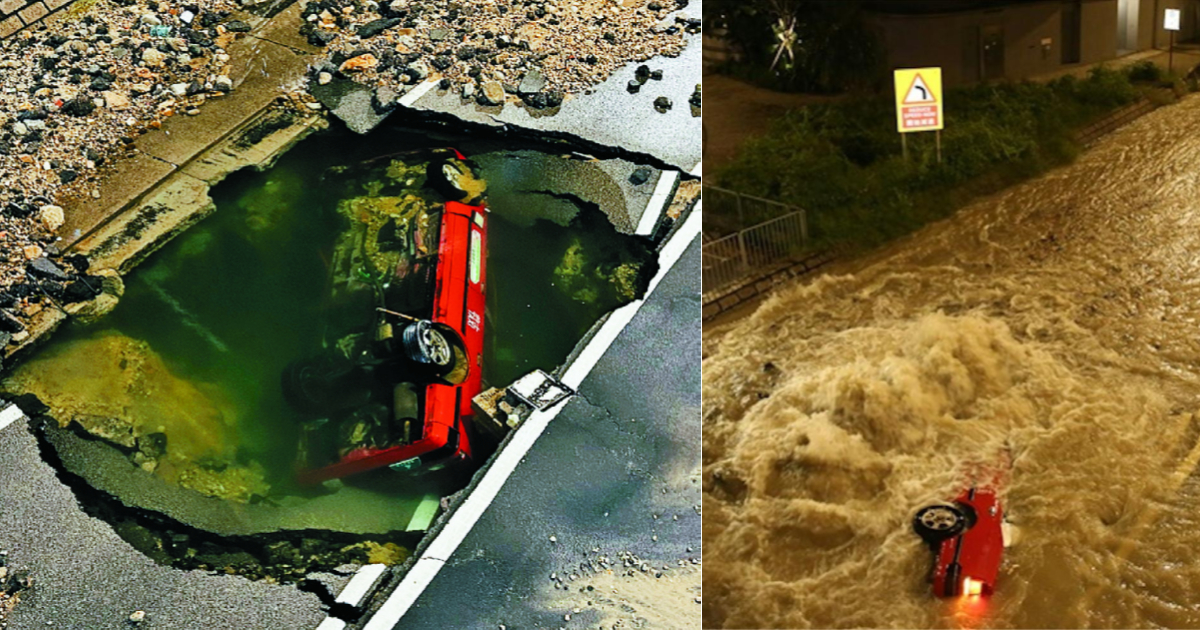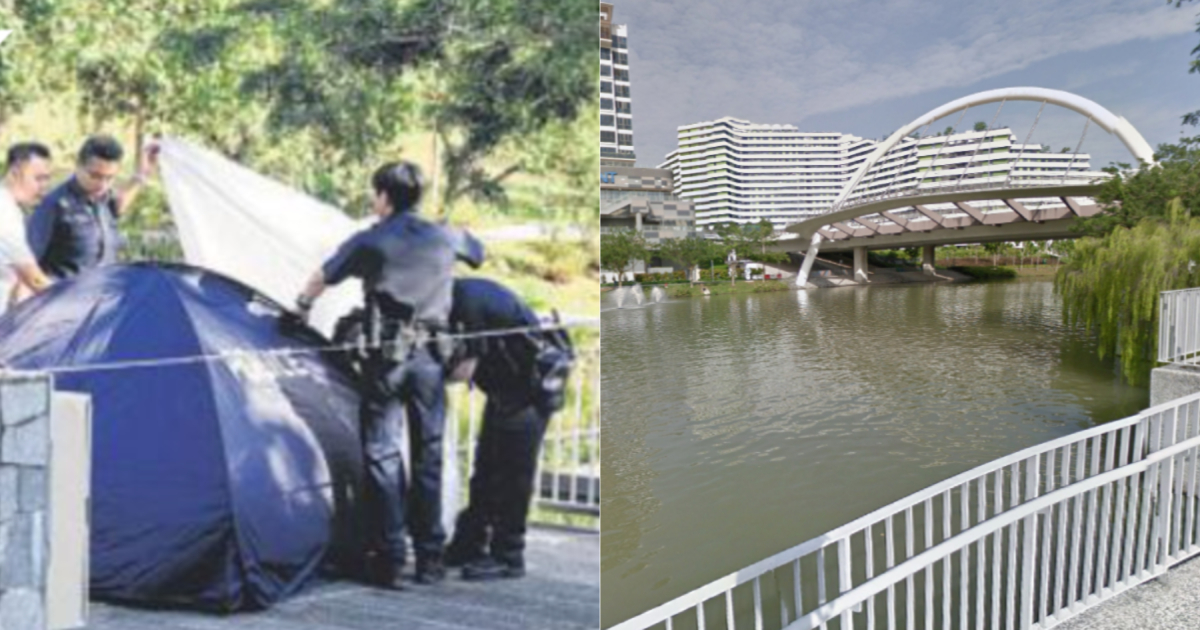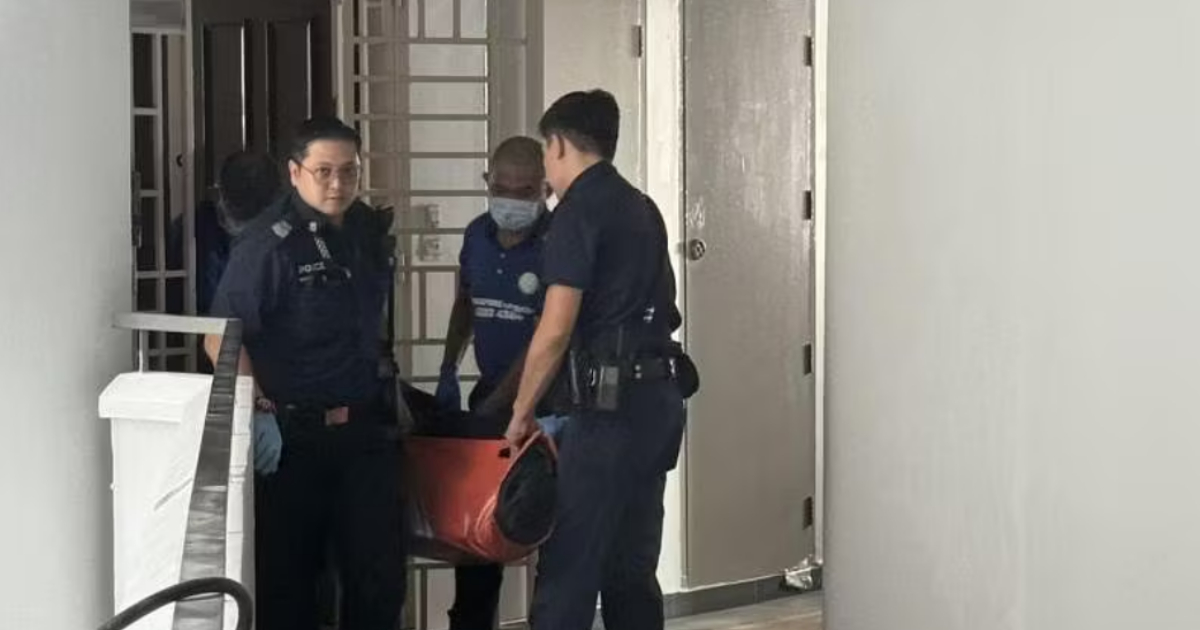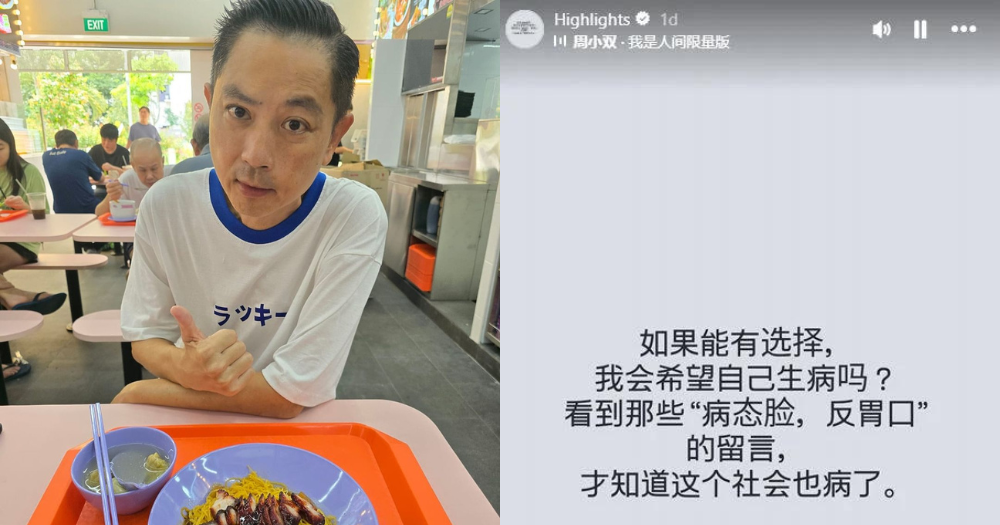UN cannot allow recent violations of international law to become normalised: Vivian Balakrishnan at UN General Assembly
He also highlighted the need to empower and transform the UN so it is "future-ready".
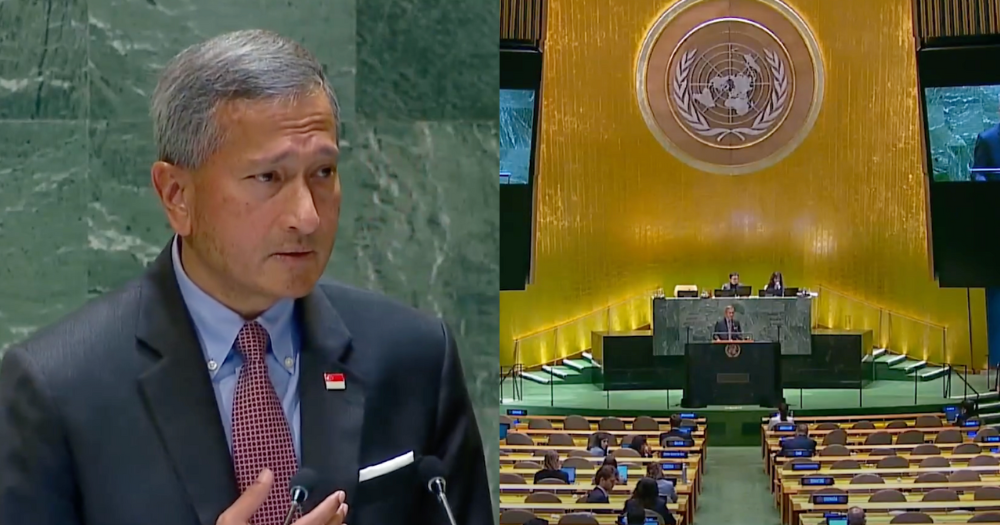
Singapore stressed that the United Nations (UN) "cannot allow recent violations of international law to become normalised".
Using the example of the ongoing Ukraine-Russia war, Minister for Foreign Affairs Vivian Balakrishnan said, "The invasion of one country by another, under the pretext of historical errors and grievances, cannot be justified by any means".
Singapore's national statement, delivered by Vivian at the 79th session of the UN General Assembly on Sep. 28, also urged the UN to reinforce the "foundational role in maintaining international peace and security," as well as "empower and transform the UN so that it is future-ready."
UN must reinforce the foundational role in maintaining international peace and security
Vivian said the UN must return to the basics by reinforcing the foundational role of the organisation in maintaining international peace and security.
Calling it the "raison d’être" (which means "reason for existence") for the UN, Vivian said countries must restore respect for the rule of law and the UN Charter, as it is what underpinned global peace and security for the last 80 years.
Vivian said, "If we allow the notion that 'might is right' to prevail, the world will become a very dangerous place, especially for small states. That is why Singapore and other small states have to consistently stand for compliance with, by all member states with international law and the UN Charter."
He added that Singapore neither has interest in taking sides or getting embroiled in great power rivalry as a small state nor wants to become an arena for proxy wars.
"Singapore simply aims to deliver our sovereignty, exercise autonomy, and chart our own futures," Vivian said.
Small states like Singapore need multilateralism and international law to exist.
Therefore, Singapore will continue to support the work of the International Court of Justice, which is paramount for upholding the rule of law and protecting the interests of all countries, especially small states.
Vivian also shared about a report, prepared by the International Peace Institute and the Rajaratnam School of International Studies in Singapore, which highlights the priorities and perspectives of small states. He hoped the report can catalyse further discussions on strengthening and transforming the UN and the multilateral system.
Need to empower and transform the UN so it is "future-ready"
In his speech, Vivian also highlighted the need to empower and transform the UN so that it is future-ready and capable of responding to emerging global challenges.
More opportunities must be provided to young people especially, to engage in the work of the UN and to serve as agents of change to revitalise international cooperation, Vivian said, adding as young people have even more at stake.
He also said the UN must harness the power of digital technologies in a safe and secure manner. He added that the adoption the Global Digital Compact is a significant step forward and Singapore welcomes the report of the High-Level Advisory Body on AI.
Vivian also urged to transform global governance "by making our institutions more representative, more responsive, and more effective", which is particularly important for small states and developing countries.
It is also important for the UN to become "more efficient, effective and responsive," he added.
“We need the UN more than ever before given the state of the world.”
Vivian has been in New York for the past week to attend the United Nations General Assembly’s (UNGA) High-Level Week, where he had over 30 bilateral meetings with foreign leaders and attended several multilateral meetings.
On Sep. 25, Vivian addressed the UN Security Council (UNSC) for the first time in his tenure and called for the reform of the UNSC.
He suggested constraining, but not removing, the Permanent Five (P5) members of the UNSC's ability to veto motions.
The P5 members are the U.S., Russia, China, France, and the United Kingdom.
Vivian said that progress had already been made, citing the veto initiative, which meant that when a P5 member vetoed a motion, they would need to go to the General Assembly soon after to explain why they were doing so, providing some accountability for their actions.
The world has changed significantly since then, and if the Security Council is to be fit for purpose in the future, it has to reflect the world as it is today.
Responding to a question from Mothership about the UN’s ongoing relevance to Singapore in light of the ongoing conflicts around the world on Sep. 28, Vivian said that the current situation showed that the world needed the UN more than ever.
At a time of war, tension, polarisation, and division, it was easy to jump to conclusions and say that the UN does not work.
But Vivian rejected this, saying that precisely because we live in a “fractured and difficult world”, we needed multilateralism and international law.
The UN was the only organisation with universal participation and legitimacy.
The General Debate of the 79th session of the UN General Assembly will conclude on Sep. 30.
Top image via Vivian Balakrishnan/Facebook
MORE STORIES







